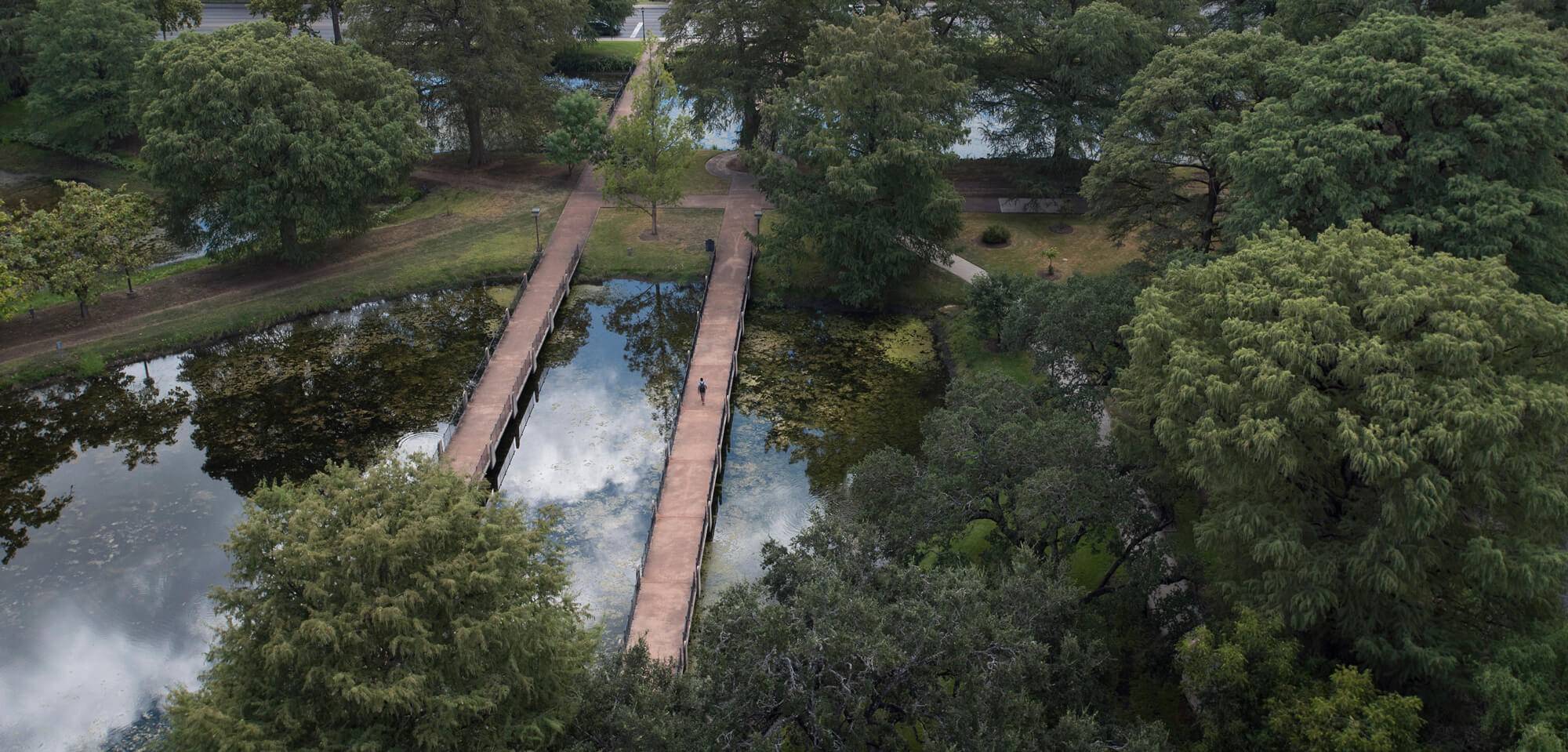NASA announced Texas State University has been awarded a $3 million cooperative agreement to coordinate Minority University Research and Education Project (MUREP) Educator Institutes at the 10 NASA Centers across the U.S. The university will receive up to $1 million per year for three years, to support the STEM Teacher Excellence Project (STEP).
“STEP is one part of a focused effort to provide high-quality STEM professional development for educators who serve student populations that have typically been under-represented in STEM fields,” said Leslie Huling, principal investigator for STEP.
NASA MUREP awards promote STEM literacy and enhance and sustain the capability of institutions to perform NASA-related research and education. The goals of the program are to expand the nation’s base for aerospace research and development, increase participation by faculty and students at minority serving institutions, and increase the number of undergraduate and graduate degrees in NASA-related fields awarded to students from minority serving institutions.
STEP is one of several grant-funded STEM-related initiatives that are coordinated through the Texas State LBJ Institute for STEM Education and Research. STEP will offer one-week institutes to teacher candidates in STEM education at each of the 10 NASA Centers beginning in 2016. Each institute will serve a minimum of 50 participants who will be recruited from Minority Service Institutions (MSIs) from around the country.
In addition to the 40 hours of onsite professional development provided through the STEP Institutes, participants will also complete an additional 16 hours of online professional learning utilizing NASA resources. Upon successful completion of the training, participants will earn a $500 stipend. Additionally, participants who chose to enroll concurrently through an online course offered through Texas State University will have the opportunity to earn three hours of undergraduate credit.
Collectively over the three years of the project, the 30 NASA STEP Institutes will provide 1,500 STEM educators with a series of content-rich NASA professional learning experiences and will impact all 10 NASA Centers across the U.S.
